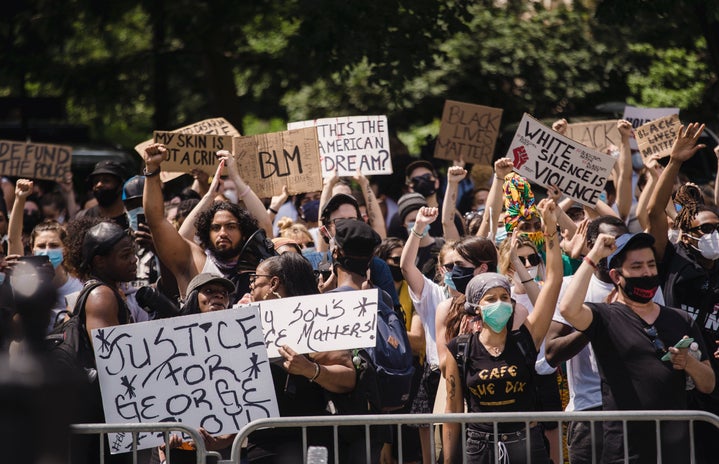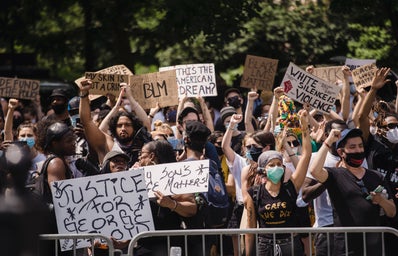When it comes to the activism that took place during the civil rights era, from Martin Luther King to Malcolm X, there has always been a lot of debate over who had the most influential, most legitimate viewpoint. And which one of those viewpoints would actually enact the human rights, so many African Americans were determined to obtain. Malcolm X had an unconventional approach to the upliftment of Black people and that was through “articulating concepts of race pride and black nationalism” and was said to have been radical in his beliefs by the society of the United States at the time.
When we learn about the civil rights era, a lot of us are taught in school about Martin Luther King and the way that he “peacefully” changed this country for Black people in all America, but who we are rarely taught about is Malcolm X. Perhaps that is because King was more digestible to white America and was easier to whitewash in the retelling of his history. We learn about his “Letter from a Birmingham Jail” without really being taught about how the American Government even rationalized his being in there; then we are taught of his greatness as if it was ever appreciated, to begin with. Both were not respected by the society of the United States at the time, but their influence continues to affect the people long after the two were assassinated.
Malcolm X and King did not have the same beliefs or approach at all in their times as activists, and in fact, it is said that they had only met once in their entire lives. Malcolm X concluded that King’s approach was too slow and would not lead to the liberation of Black people fast enough and this issue of human rights for their people was too urgent to try and polish for white people. King, on the other hand, found Malcolm’s viewpoint to be dangerous, saying, “Fiery, demagogic oratory in the Black ghettos, urging Negroes to arm themselves and prepare to engage in violence, as he has done, can reap nothing but grief.” While at the beginning of Malcolm’s influence, he uplifted Black people by reminding them of their power and their right to protect themselves at any and all costs.
Near the end of his life, after having separated from the Nation of Islam (after disagreements on their stances on the Prophet Mohammed and for other reasons), he began to have hope that there was a possibility of freedom without the use of violence, which he had originally believed to be the only option. The fascinating thing is that near the end of King’s life, after the Vietnam War, it was said that they “embraced what many saw as more radical positions,” showing that though these two had differences early on, their task to free Black people from the shackles they had been carrying since America’s inception was a goal both dedicated their lives to accomplishing. When thinking about why these two were and still are favored one over the other, it is important to do research and understand both individuals as well as the system they were fighting before consuming what has been originally taught to the public.




